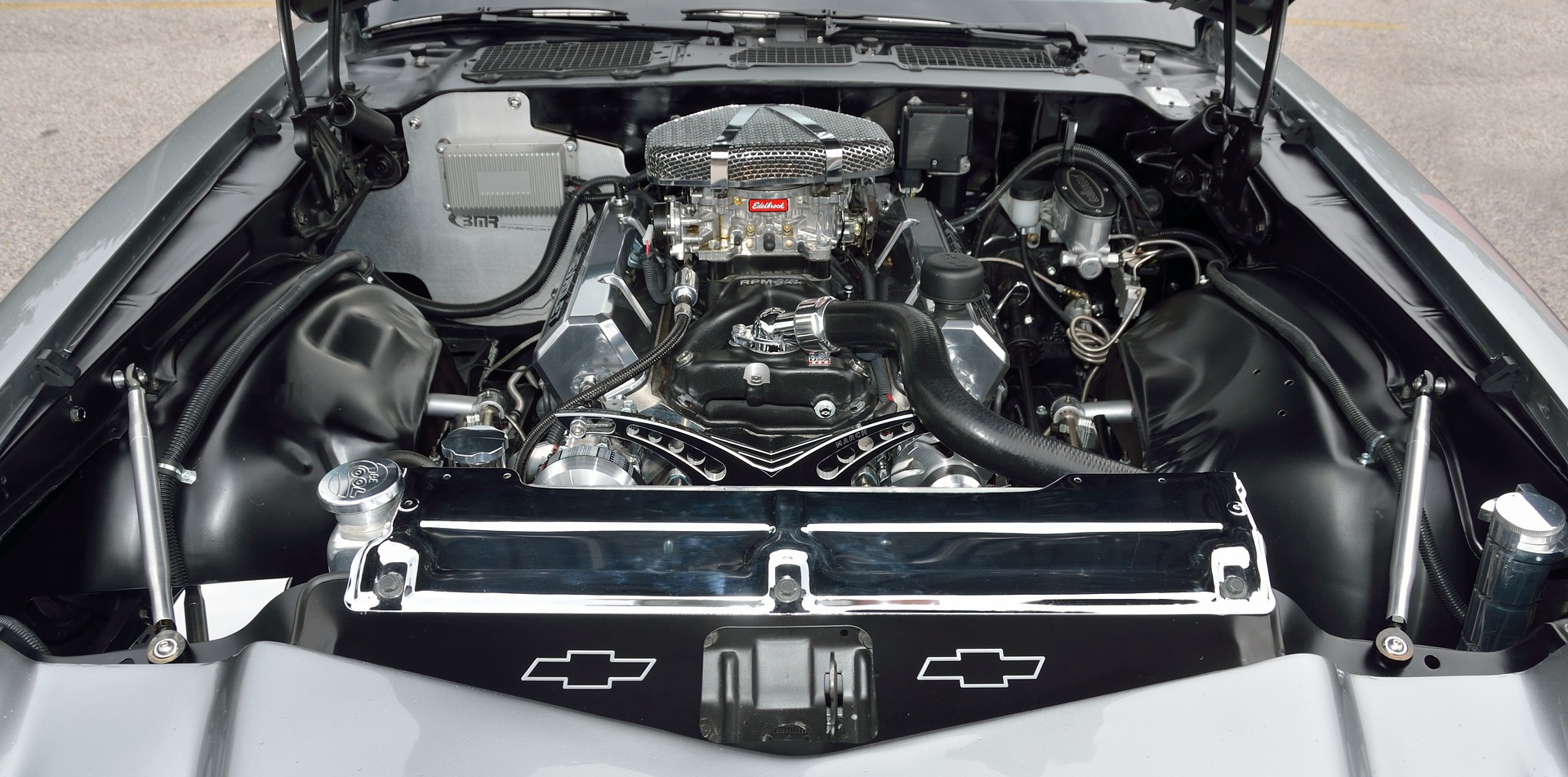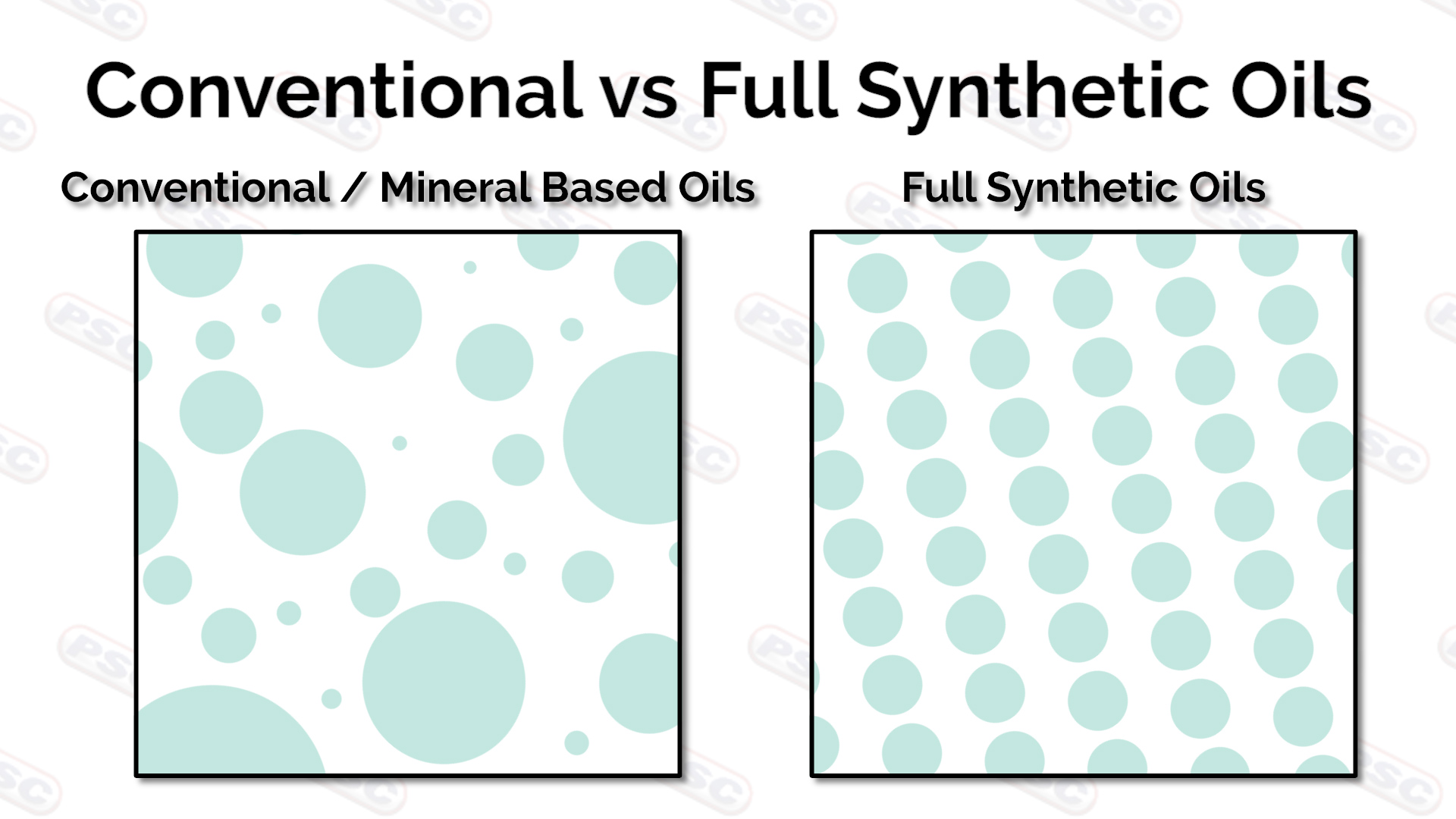Benefits and Uses of Full Synthetic Engine Oil
By on Sep 15 2017

It's not uncommon for a vehicle to require using
full synthetic engine oil--but, why? Well, the synthetic substance offers several benefits to your car and will extend your engine's lifespan. Engineers designed its formula for longer and smoother wear.
The most significant difference between mineral and synthetic oil lies on a molecular level, invisible to you and your mechanic.
Irregularly shaped molecules compose mineral oil, and they periodically work against each other while moving through an engine. This causes the engine to work harder and burn through the oil more quickly.
However, manufacturers break down synthetic oil to basic molecules through processes like refining, distilling, and purifying. Utilizing such methods impacts crude oil by helping to remove contaminants. It also allows molecules to adapt to the modern engine mechanisms.
The specialized molecules protect the engine more efficiently than mineral-based oils. They accomplish this through stable behavior like working together and not breaking down. As a result, the lifetime of the oil is extended.

Be sure that the synthetic oil you choose meets the OEM specifications, especially the API specification. Not only is having the correct synthetic oil crucial for the well-being of the engine, it also gives your engine the break it deserves.
Synthetic oil offers more benefits beyond having to be changed less.
It contributes to engine cleanliness by helping to prevent any type of deposit from forming in the engine. It also flows better in cold temperatures and immediately works as a protector. Synthetic oils resist overheating, which helps the engine's condition as well.
Although more expensive than conventional oil, synthetic oil's benefits outweigh its costs. Your owner's manual will tell you which motor oil is best, but it may be the best choice at certain times. Such scenarios include older engines that may acquire build-up more easily, as the oil is less likely to block any oil passages.
There are a few instances in which synthetic may not be the best choice. Experts explain that if you make several short trips, standard oil may not be able to burn off contaminants because the engine does not get hot enough.
Additionally, if you use your vehicle to tow heavy material, synthetic oil won't break down quickly. Even though the oil gives you more miles before it needs changing, be sure not to extend the oil beyond the recommended amount of time.
Learn about New Engine Oil Specifications here!
Sources:






